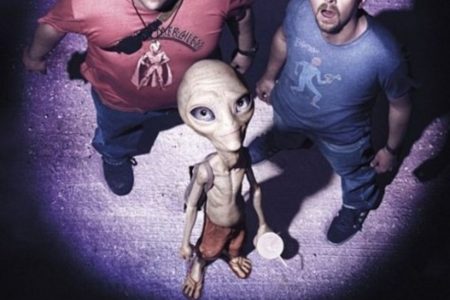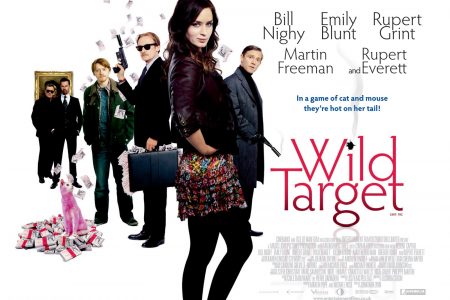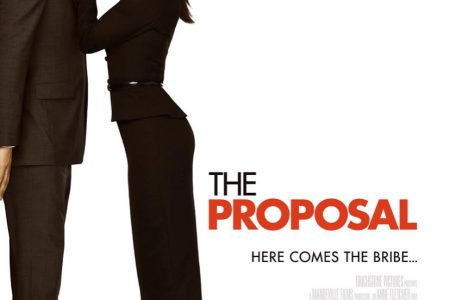The Kids Are All Right is a charming drama that is also funny that is about the adults involved more than the kids themselves. The reason why they might not be all right is because they have two mothers: their parents (uptight doctor Nic, played by Annette Benning, and relaxed landscape gardener Jules, played by Julianne Moore) are lesbians in a long-term relationship who were both artificially inseminated by the same sperm. When the younger sibling Laser (Josh Hutcherson) wants to know his biological father, he coerces his older sister Joni (Mia Wasikowska) to find out and set up the meeting. He turns out to be Paul (Mark Ruffalo), a laid-back man who owns a trendy restaurant and grows his own vegetable and rides a motorcycle but without any connections of his own. When he becomes involved with the family, things are knocked slightly off kilter.
Directed by Lisa Cholodenko and co-written with Stuart Blumberg, The Kids Are All Right is the sort of intelligent and absorbing films made for adults that don’t get made as much as they should. It is very funny and very moving and well-acted: Moore is a joy as the lovable and more groovy parent; Ruffalo is subtly charming despite his slight immaturity and his not caring about consequences; Benning is terrific as the character who is the hardest to like, flinty and sharp, and not afraid to be disliked in a great performance. The film doesn’t preach or push an agenda, telling the story of an unusual family that still works because it is based on love, and can withstand the wobbles created by a new ingredient in the formula (well, eventually). It is stylish and warm and very enjoyable, and it’s easy to see why Oscar buzz surrounds the film.
The kids themselves are good, even if their stories are a little sidelined for the more dramatic aspects of the adult relationships (although the emotion of Joni when she finds herself at college on her own for the first time as her family drops her off was something I connected with). There is an odd element to the story that suggests that lesbians really need to get properly shagged by a man, which felt a little off (but that could be my woolly liberal side) – I can see it is part of the emotional drama aspect of the film but it seemed a strange message to include. The film doesn’t seem to be fully resolved, with the Paul side of the story seemingly pushed off to the side when it is decided that it is no longer necessary, which seems to leave an important aspect neglected. However, these are not disruptive elements in a very good movie.
Rating: DAVE




